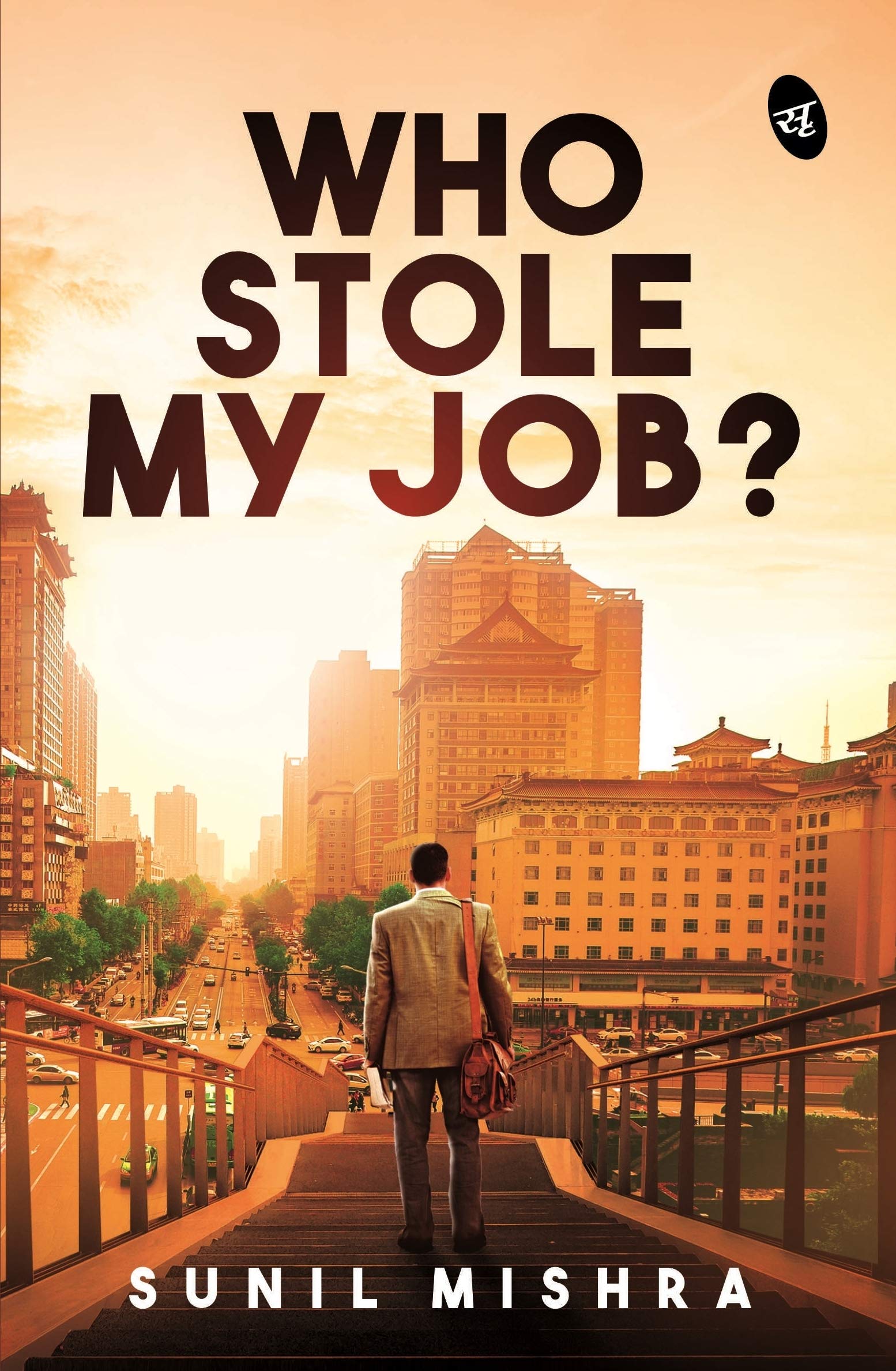Author: Sunil Mishra
Publisher: Srishti Publishers
Genre: Contemporary Fiction
First Publication: 2019
Language: English
Narration type: Third Person
Major Characters: Satvik, Ajesh, Vikas, Marshal Scott
Book Summary: Who Stole My Job?
Creative Tech has been one of the most successful IT companies in India during the last two decades. Only that it has started faltering of late. In a challenging and tumultuous business set-up, Marshal Scott, a newly hired American CEO, embarks on a transformation journey that starts on a high note, but soon gets entangled with many unexpected issues.
The employees experience disenchantment with the demanding leadership, frequent policy changes and cultural conflicts. Satvik, a mid-level manager sees the direct implications of these changes that lead to multiple business disruptions and exits of many of his colleagues.
Will things ever be same the again? Can Creative Tech tide over the disruption wave and reclaim its glorious past? What does employment mean for individuals and the corporate in the new digital world? Will the future of work be different from what was perfected after the Industrial Revolution?
Book Review: Who Stole My Job?
‘Who Stole My Job?’ by Sunil Mishra was a most pleasant surprise. Discovering that the one and only goal of any business is making money and this could only be achieved by a smooth flow of the work and our most important management task is to prevent any resistance slowing it was eye opening.
Management here seems to be mesmerized by metrics while ignoring a more common-sense and human-cantered approach. Yes, they are fascinated with speed, but fast does not necessarily equates harmonic and quality flow.
I really enjoyed when I was reading. This book tells a story, which is really easy to understand. The main character for this book is Satvik Saxena, who is the mid-level manager for Creative Tech, one of the most successful IT companies in India. He was told that he has to reduce at least one third of current staffing members by Marshal Scott, a company executive whose policies created chaos in company. Then one day Satvik met his old colleague, Vikas who left Creative Tech two year ago. Vikas tried to help Satvik to solve company problems during their meetings. As a reader and an engineer, I understand Satvik really wants to keep this company for sake of many employers and his family.
In the book ‘Who Stole My Job?’, Vikas teaches Satvik by using the stories. All the time, when Satvik asks for help from Vikas, Vikas would never give him answer directly; instead, he tells him a story, which makes Satvik to think and solve problems.
The best process improvement novel I’ve seen, this classic work explains the all-important theory of constraints through real life examples and a surprisingly good story. Most books of this nature are exceptionally unrealistic, but this one manages to keep the reader engaged, which is key for an instructional text like this.
The book’s lessons have some practicality in normal, everyday life, but its greatest utility is for those involved in process improvement in IT industries. All industrial and systems engineers need to read this book, as do all managers of processes. A peachy piece of fiction, packed with applicable lessons in the most enjoyable format you can imagine. While other systems thinking books are somewhat dry, ‘Who Stole My Job?’ is filled with life and well-grounded in reality.
Buy Now: Who Stole My Job? by Sunil Mishra
[content-egg module=Amazon template=item]






